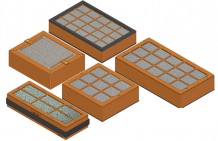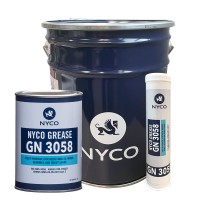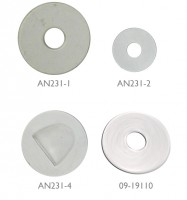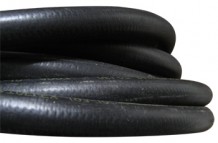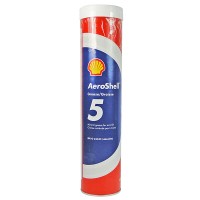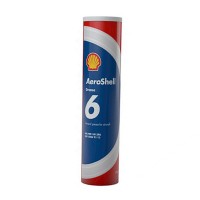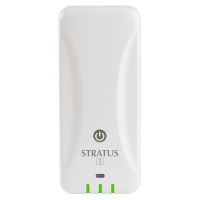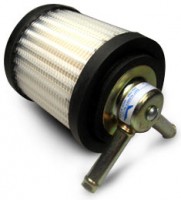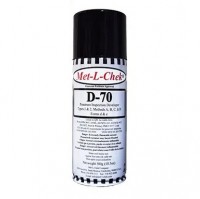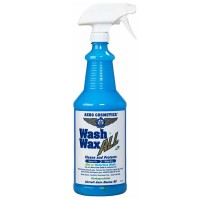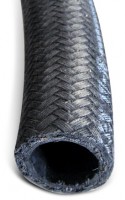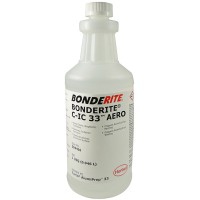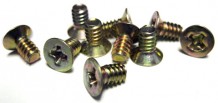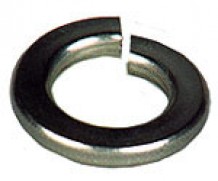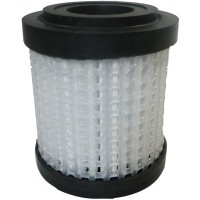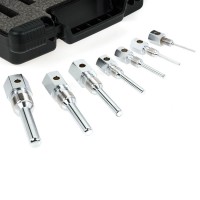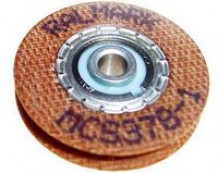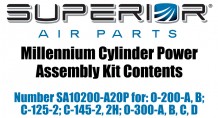SAME DAY SHIPPING ON ORDERS PLACED BY 4 PM | 877-4-SPRUCE
F-15E Strike Eagle Model
$151.90/Each
Part# 13-10674
MFR Model# BJR0672
MFR Model# BJR0672
Overview
|
The F-15E Strike Eagle, manufactured by McDonnell Douglas / Boeing IDS, is a modern United States all-weather strike fighter, designed for long-range interdiction of enemy ground targets deep behind enemy lines. On December 11, 1986, the F-15E had its first flight. The F-15E became the newest fighter in Tactical Air Command when the 405th Tactical Training Wing, Luke Air Force Base, Ariz., accepted delivery of the first production model in April 1988. The 4th Fighter Wing at Seymour Johnson Air Force Base, N.C., was the first operational F-15E Strike Eagle wing in the Air Force. A derivative of the F-15 Eagle air superiority fighter, the Strike Eagle proved its worth in Desert Storm, carrying out deep strikes against high-value targets and providing close air support for coalition troops. The F-15E Strike Eagle can be distinguished from the F-15 Eagle by its darker camouflage and the presence of the conformal fuel tanks attached to the aircrafts fuselage. This new version was designed to penetrate deep into enemy territory unescorted, and strike military targets with pinpoint accuracy. The strike eagle employs two highly reliable Pratt & Whitney F100-PW-229 engines and was designed specifically as a two-person crew of pilot and weapons system officer. The LANTRIN (Low Altitude Navigation and Targeting Infra-Red for Night) system enables the Strike Eagle to operate at night and in bad weather. The Strike Eagle can also be employed with up to an 11-ton payload and can carry the GBU-28 Bunker Buster, a guided bomb developed to destroy strengthened underground bunkers. The Strike Eagle was first deployed in December 1989. During the Gulf War in 1991, 2 squadrons of 48 F-15E Strike Eagles demonstrated their power as multi-purpose fighter/attack planes. |
WARNING: Cancer and Reproductive Harm - www.P65Warnings.ca.gov. |
Q&A
Please note, Aircraft Spruce ®'s personnel are not certified aircraft mechanics and can only provide general support and ideas, which should not be relied upon or implemented in lieu of consulting an A&P or other qualified technician. Aircraft Spruce ® assumes no responsibility or liability for any issue or problem which may arise from any repair, modification or other work done from this knowledge base. Any product eligibility information provided here is based on general application guides and we recommend always referring to your specific aircraft parts manual, the parts manufacturer or consulting with a qualified mechanic.


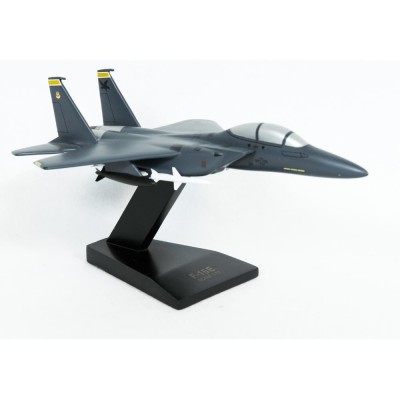





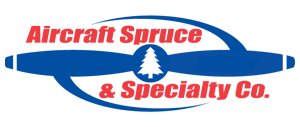 FREE Shipping
FREE Shipping
